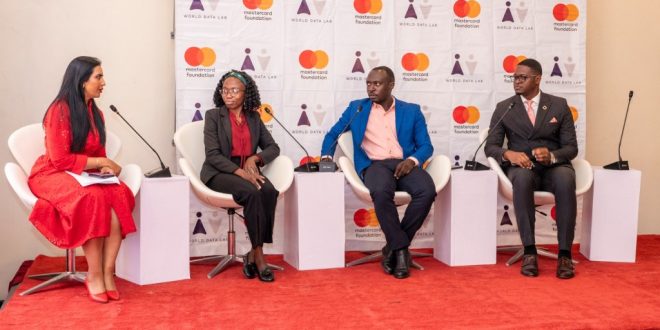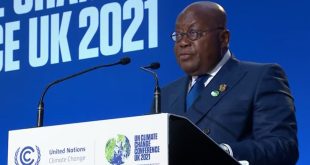World Data Lab (WDL), in collaboration with the Mastercard Foundation, has introduced the Africa Youth Employment Clock, a pioneering digital tool designed to address the urgent need for dignified and fulfilling employment opportunities for young people across Africa. According to WDL projections, Africa is experiencing unprecedented growth in its youth population, which is expected to increase by nearly 100 million between 2023 and 2030. This rapid growth underscores the importance of credible data to guide policies and initiatives that support inclusive employment for African youth.
The Africa Youth Employment Clock leverages advanced data modeling and visualization to monitor job growth and forecast employment trends across the continent. This real-time labor market model tracks essential variables such as employment status, age, gender, and industry, providing insights up to the year 2030. It is the first tool of its kind, aiming to become the primary source for comprehensive youth employment data in Africa, supporting policymakers, development organizations, and other stakeholders in strategic decision-making.

Drawing from robust data sources, including national statistics offices, the International Labour Organization (ILO), and the International Institute for Applied Systems Analysis (IIASA), the Clock offers reliable, user-friendly insights. It is freely accessible at www.africayouthjobs.io and provides youth employment data for all 54 African countries. Additionally, sub-national data is currently available for Nigeria, Ghana, Kenya, Ethiopia, and Rwanda, with expansion plans to include Uganda and Senegal, where the Mastercard Foundation has active programs. WDL’s peer-reviewed methodology ensures consistency and comparability across countries, making the Clock a valuable resource for accurate, cross-national youth employment analysis.

Wolfgang Fengler, CEO and Co-Founder of World Data Lab, highlighted the importance of the Clock for countries like Uganda, where a large portion of young workers remain in low-paying jobs that hinder economic progress. “The Africa Youth Employment Clock provides real-time labor market insights and forecasts youth employment trends up to 2030,” he said. “Through our partnership with the Mastercard Foundation, we aim to support policymakers in creating sustainable and dignified employment opportunities, driving impactful change for Uganda’s young workforce.”
The launch of the Clock in Uganda is seen as a vital step toward addressing the country’s youth employment challenges. With one of the fastest-growing youth populations in Africa, Uganda needs actionable, real-time data to shape policies that foster meaningful work opportunities. Adrian Bukenya, Uganda Country Director at the Mastercard Foundation, emphasized the transformative impact of the tool, saying, “The Africa Youth Employment Clock empowers leaders, businesses, and young Ugandans to shape a future of meaningful employment. By partnering with World Data Lab, we are equipping Uganda to unlock the full potential of its young people, laying the foundation for sustainable growth and prosperity for all.”
This innovative tool is set to play a crucial role in helping Uganda and other African nations tackle the pressing challenge of youth unemployment, paving the way for a brighter future for the continent’s young workforce.
Related
Source link
 The Impalaa Reports Impalaa is your biggest news source in Uganda and the East African region, bringing breaking news, daily updates, and the latest stories from Uganda.
The Impalaa Reports Impalaa is your biggest news source in Uganda and the East African region, bringing breaking news, daily updates, and the latest stories from Uganda.



